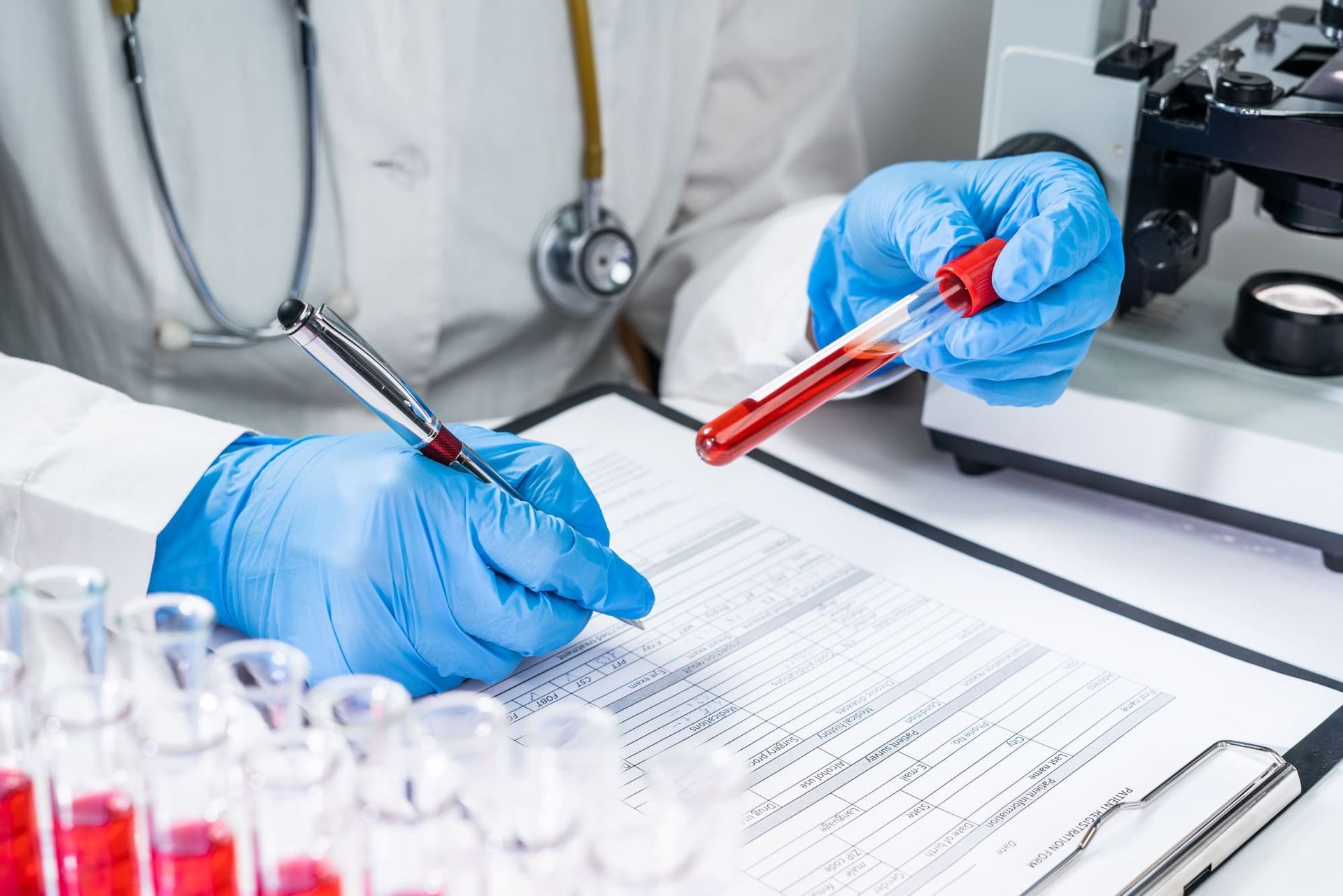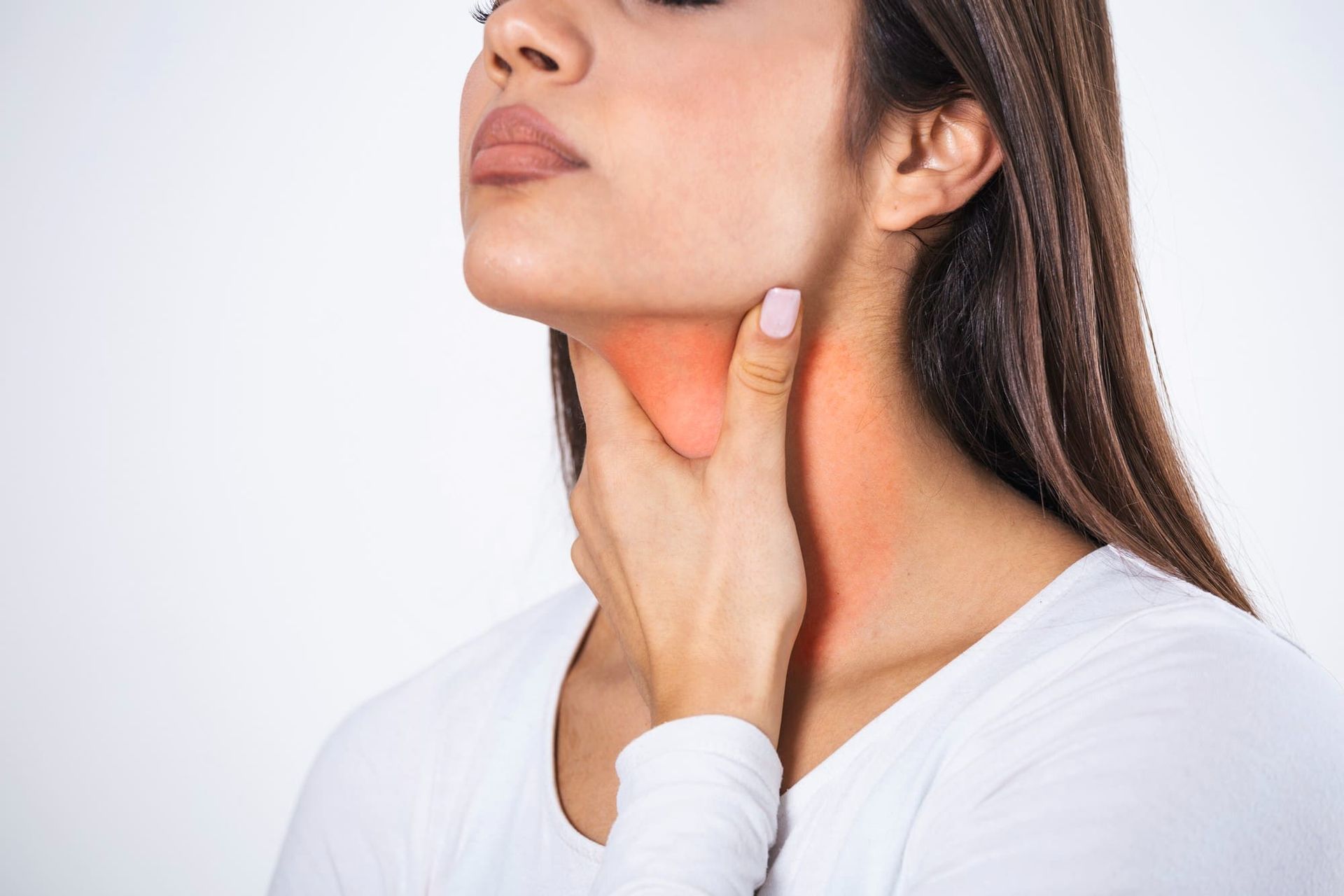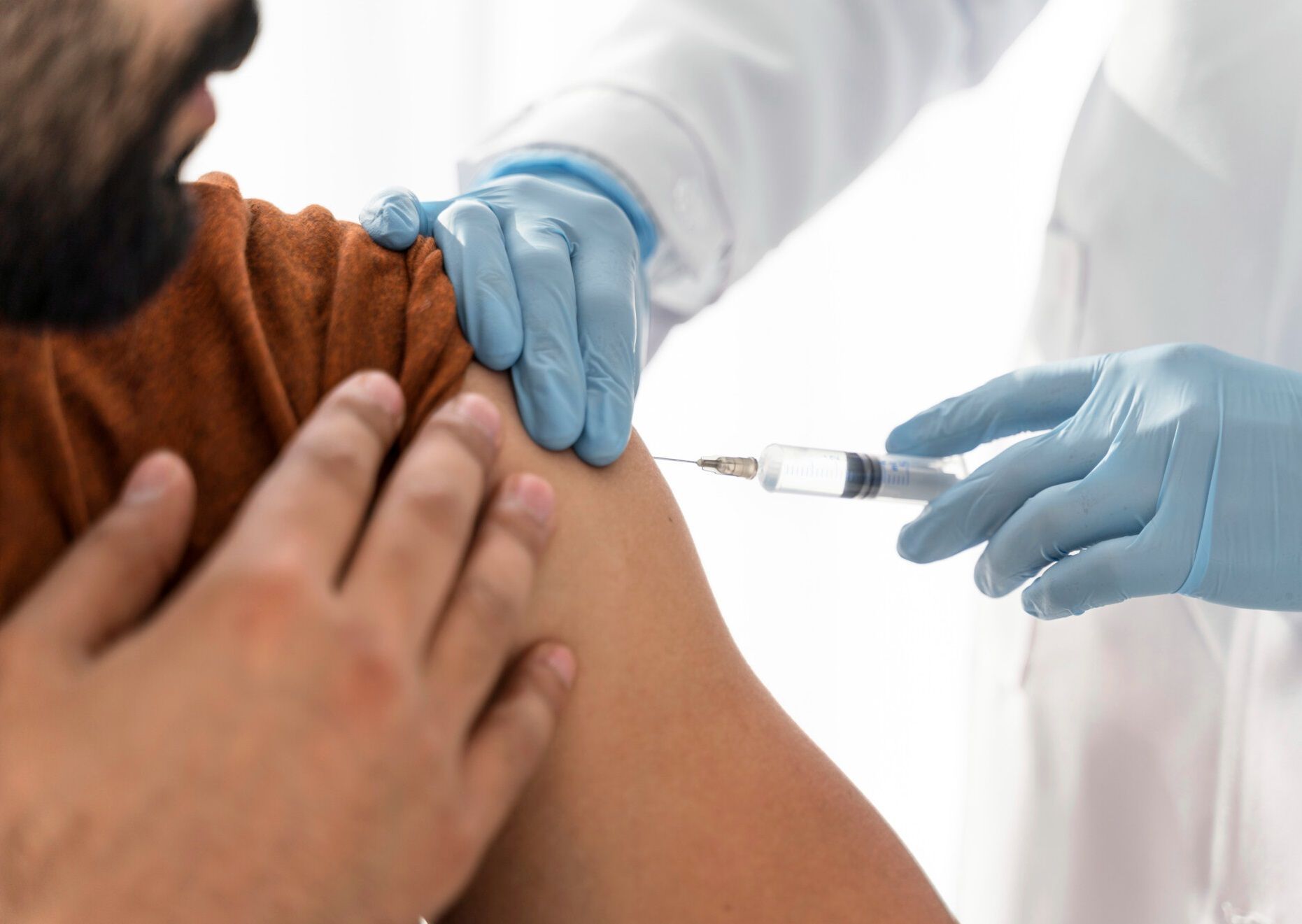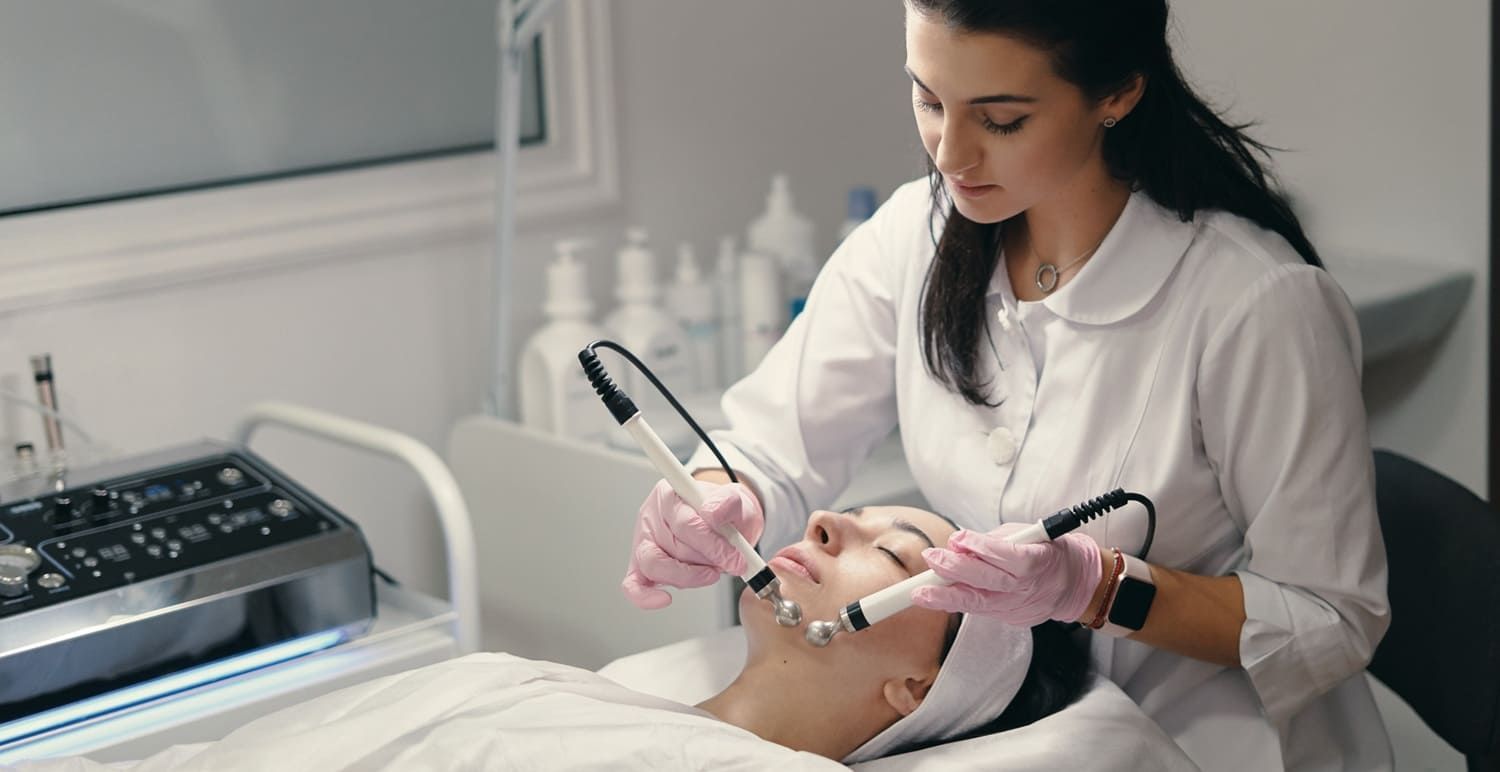Understanding HRT Side Effects: Key Concerns for Women
Menopause marks the end of a woman’s reproductive years and can bring significant physical and emotional challenges. Hormone Replacement Therapy (HRT) is an effective tool to manage symptoms and protect long‐term health by supplementing declining estrogen and progesterone levels. At Pure Health & Hormone Center, innovative approaches are combined with traditional methods to support overall wellness. Many women find valuable support at Pure Health & Hormone Center, where personalized guidance helps make informed decisions about hrt. In addition, a consultation at Pure Health & Hormone Center can offer further insights into managing the transition. This guide examines what hrt means, its benefits, potential side effects, and its overall impact on appearance and wellness. It also offers guidance on whether hrt is the right choice based on personal needs, health risks, and lifestyle factors. For additional resources and expert advice, patients are encouraged to explore Pure Health & Hormone Center’s comprehensive care services.

Understanding What Menopause Hormone Therapy Means for Women
Menopause Hormone Therapy mitigates the effects of reduced hormone production during menopause. It aims to relieve symptoms and safeguard health by replacing estrogen—and sometimes progesterone—that the body no longer makes in sufficient quantities.
Defining Hormone Replacement Therapy (HRT) and Its Purpose
HRT, also known as Menopause Hormone Therapy, supplements the natural decline of reproductive hormones during menopause. Its primary purpose is to alleviate symptoms like hot flashes, night sweats, mood swings, and vaginal dryness. In addition to improving overall quality of life, it can lower the risk of conditions such as osteoporosis and cardiovascular problems that arise from estrogen deficiency. By supplementing estrogen (and progesterone when necessary), HRT aims to balance abrupt hormonal changes, maintain normal tissue function—including skin, bone, and cardiovascular systems—and support neurological health.
Identifying the Different Types of HRT Available
HRT is available in various forms to address specific health needs and preferences.
Common options include:
- Systemic Estrogen Therapy: Taken orally or applied transdermally using patches or gels.
- Local Therapies: Creams, tablets, or rings designed for vaginal symptoms.
- Combination Therapy: Using both estrogen and a progestogen for women with an intact uterus to lower endometrial cancer risk.
- Bioidentical Hormone Therapy: Uses hormones chemically identical to those produced naturally.
The choice depends on factors such as age, symptom severity, risk profiles (for breast cancer, stroke, etc.), and lifestyle.
A personalized discussion with a healthcare provider helps determine the best formulation and dosing strategy.
How HRT Works to Address Hormonal Declines in Menopause
HRT replenishes declining estrogen levels, helping to restore endocrine balance. Estrogen binds to receptors in various tissues, triggering processes tied to cell growth and repair. This action supports skin elasticity, maintains bone density, and promotes cardiovascular health. When combined with a progestogen, HRT also regulates the menstrual cycle and protects the endometrium from hyperplasia. The method of administration (oral, transdermal, or vaginal) influences how quickly and broadly the hormone is distributed in the body.
In essence, the rise in estrogen levels provided by HRT alleviates vasomotor symptoms like hot flashes and improves skin appearance by stimulating collagen and elastin production. Clinical studies frequently note enhanced mood, improved sleep, and better cognitive function in women undergoing therapy.
The Primary Goals of Undergoing Hormone Therapy During Menopause
HRT during menopause is focused on three main objectives:
- Symptom Relief: Reducing discomfort from symptoms such as hot flashes, sleep disturbances, and vaginal dryness.
- Prevention of Long-Term Disease: Lowering risks associated with osteoporosis, cognitive decline, and certain cardiovascular issues.
- Quality of Life Improvement: Enhancing physical appearance—resulting in healthier skin and balanced hair growth—and boosting self-confidence and emotional well-being.
Clinical trials have demonstrated that early initiation of HRT near menopause yields more pronounced benefits, emphasizing the importance of timely and personalized treatment.
Exploring Potential Benefits of HRT for Women
HRT offers benefits beyond immediate symptom relief, positively impacting bone density, mood, and cognitive performance. These cumulative advantages contribute to an improved quality of life during and after menopause.
How HRT Can Alleviate Common Menopausal Discomforts
One of the most appreciated benefits of HRT is its effectiveness in reducing menopausal symptoms. Women commonly face severe hot flashes, night sweats, and vaginal dryness, which can disrupt sleep and daily activities. By providing a steady hormonal balance, HRT reduces the frequency and severity of hot flashes—sometimes by as much as 70%—leading to improved sleep and overall daily functioning. Additionally, by maintaining vaginal moisture and elasticity, HRT helps minimize discomfort during sexual activity and lowers the risk of urinary infections.
The Role of HRT in Supporting Bone Density After Menopause
A significant benefit of HRT is its protective effect on bone health. With declining estrogen, the rate of bone loss increases, raising the risk of osteoporosis and fractures. HRT slows bone resorption, helps maintain bone mineral density, and strengthens the skeletal framework. Clinical research indicates that HRT can reduce fracture risk by up to 30% compared to non-users. The following table summarizes key differences:
| Aspect | Without HRT | With HRT |
|---|---|---|
| Bone Loss Rate | Accelerated (up to 2% per year) | Significantly reduced |
| Fracture Risk | High risk | Up to 30% reduction |
| Osteoblast Activity | Lower | Enhanced |
| Osteoclast Inhibition | Minimal | Improved regulation |
| Long-term Bone Health | Increased risk of osteoporosis | Preservation of bone integrity |
This concise comparison highlights how HRT contributes to overall skeletal health.
Potential Positive Impacts of HRT on Mood and Cognitive Well-Being
Hormonal fluctuations during menopause often lead to mood swings, depression, and memory lapses. HRT has been observed to stabilize mood by influencing neurotransmitters such as serotonin and dopamine. Many women report improved mood, reduced anxiety, and enhanced cognitive performance after starting HRT. These benefits are likely linked to estrogen’s antioxidant effects and its support for neural plasticity, thereby contributing to a more positive emotional outlook and better mental clarity.
Other Health Advantages Associated With Menopause Hormone Therapy
Beyond symptom relief, HRT offers additional advantages:
- Skin Health: Increased collagen production enhances skin elasticity and hydration, contributing to a more youthful appearance.
- Cardiovascular Benefits: Improvements in lipid profiles and reduced arterial stiffness can support heart health when HRT is started early.
- Metabolic Health: HRT can promote a healthier metabolic profile, reduce abdominal fat, and help maintain lean muscle mass, thereby lowering the risk of type 2 diabetes.
Collectively, these benefits underscore the comprehensive approach HRT provides in managing various aspects of menopausal health.
Examining Side Effects of Hormone Replacement Therapy HRT
While HRT offers many benefits, it also presents potential side effects and risks. It is important to consider these factors when deciding on therapy and to work closely with a healthcare provider to manage any adverse effects.
What Are 5 Common HRT Side Effects Women Might Experience?
Some common side effects of HRT include:
1. Breast Tenderness: Sensitivity or swelling in the breast due to hormonal effects.
2. Nausea: Gastrointestinal discomfort, which may occur especially when beginning oral therapy.
3. Headaches: Triggered by fluctuating hormone levels, often improving with time.
4. Mood Changes: Initial irritability or mood swings, even as overall mood stabilizes.
5. Bloating: Fluid retention that can lead to a sensation of fullness or weight changes.
These side effects are typically temporary as the body adjusts to the therapy.
Understanding Serious Health Considerations and Risks Linked to HRT
More serious risks associated with HRT include:
- An increased risk of blood clots and stroke.
- A slightly elevated risk of breast cancer, especially with prolonged oral HRT that includes progestogen.
- Potential exacerbation of high blood pressure and negative impact on lipid profiles in women with certain pre-existing conditions.
Due to these risks, periodic screening (such as mammograms and blood pressure checks) and ongoing evaluation are recommended. Women should carefully weigh the benefits against these risks with guidance from their healthcare provider.
Strategies for Managing Minor Side Effects of Hormone Therapy
Managing minor side effects can often be achieved through simple adjustments:
- Switching the route of administration from oral to transdermal patches may reduce gastrointestinal discomfort.
- Taking the medication with food or at bedtime can lessen nausea and bloating.
- Maintaining a balanced diet, engaging in regular physical activity, and practicing stress management techniques like mindfulness can also help reduce symptoms.
Dose adjustments, made in consultation with a healthcare provider, often help the body gradually adapt to the therapy, minimizing adverse reactions.
Long-Term Health Implications to Consider With Ongoing HRT Use
Long-term HRT use requires careful monitoring because it can have cumulative effects:
- Bone Health: Sustains bone density and reduces fracture risk.
- Cardiovascular Health: May improve lipid profiles but can slightly increase thrombosis risk.
- Breast Health: There is an associated elevated risk if used long-term.
- Cognitive Function: Supports memory and mood stabilization, though long-term effects remain under study.
- Metabolic Health: Can help stabilize weight and improve glucose levels, but fluid retention is a possible side effect.
Regular follow-ups, including DEXA scans, cardiovascular assessments, and appropriate cancer screenings, are essential to balance these long-term outcomes.
Does HRT Make You Look Younger? A Closer Look at Its Effects
Many women wonder if HRT can improve physical appearance by contributing to a more youthful look. Research suggests that HRT can have beneficial effects on skin, hair, and body composition that may reduce some signs of aging.
The Connection Between Hormonal Balance and Youthful Appearance
Estrogen plays a crucial role in maintaining skin elasticity and moisture levels by stimulating collagen and elastin production. As hormone levels decrease, skin may lose its firmness and show wrinkles. HRT supports skin hydration and helps counteract these changes, contributing to a healthier, more radiant appearance.
HRT's Potential Influence on Skin Health, Elasticity, and Hydration
Clinical evidence indicates that estrogen therapy can enhance skin thickness and hydration by increasing collagen production. As a result, women may notice reduced fine lines and wrinkles and improved skin tone. These improvements not only benefit appearance but also contribute to greater self-confidence and overall well-being.
Observed Changes in Hair and Body Composition for Some HRT Users
In addition to skin, HRT can positively influence hair quality and body composition: - Hair: Many women experience less hair thinning and improved volume, potentially slowing age-related hair loss. - Body Composition: HRT is associated with reduced abdominal fat and increased lean muscle mass, leading to a firmer and more youthful silhouette.
Separating Factual Benefits From Myths About HRT and Reversing Age
While HRT can improve several physical markers associated with aging, it does not completely halt or reverse the aging process. Its benefits are symptomatic; they alleviate signs of estrogen deficiency rather than serve as an all-encompassing anti-aging solution. HRT should be viewed as one component of a broader healthy lifestyle that includes proper diet, exercise, and skincare.

Determining if HRT for Women Is a Suitable Path
Choosing whether to pursue HRT is a personal decision that depends on individual medical history, current health status, and future risk considerations. Women need clear criteria to determine if HRT is the best option for managing their menopausal symptoms.
Identifying Who Typically Gains the Most From Hormone Therapy
Women who may benefit most from HRT include those who experience severe menopausal symptoms or early-onset menopause. Typically, younger postmenopausal women (under 60) with significant hot flashes, night sweats, or vasomotor symptoms are ideal candidates. Additionally, women with a low risk profile for complications—such as no personal or strong family history of breast cancer or cardiovascular disease—are considered suitable for therapy. A comprehensive evaluation by a healthcare provider is essential to identify candidates who are likely to experience significant improvements in quality of life.
Recognizing Medical Conditions That Might Make HRT Inadvisable
Certain medical conditions may contraindicate HRT use, including:
- A personal or family history of estrogen-receptor-positive breast cancer.
- Thromboembolic disorders or a history of blood clots.
- Liver disease or uncontrolled hypertension.
- A history of stroke or coronary heart disease.
For women with these risk factors, non-hormonal alternatives or complementary therapies should be considered to safely manage menopausal symptoms.
The Value of a Thorough Personal Medical History Assessment
A detailed review of medical history is crucial before starting HRT. This assessment should include discussions of past illnesses, current medications, family history of diseases, and lifestyle factors such as diet and exercise habits. Baseline diagnostic tests, such as blood work and imaging studies, help identify potential contraindications and tailor the therapy to the individual’s needs. This personalized approach minimizes risks and maximizes therapeutic benefits.
Key Questions to Pose to Your Healthcare Provider Regarding HRT
When considering HRT, women should ask:
- What specific benefits can I expect based on my symptoms and medical history?
- How will the dosage and type of HRT be determined for my personal needs?
- Are there alternative treatment options that work alongside or instead of HRT?
- What is the expected timeline for symptom relief and how will progress be monitored?
- What are the potential risks associated with HRT given my personal and family health history?
These questions help set realistic expectations and ensure that therapy decisions align with personal health goals.
Making an Informed Decision About Menopause Hormone Therapy
Deciding on HRT should involve a balanced consideration of its benefits and possible drawbacks, along with lifestyle and alternative management options.
Weighing Your Personal Benefits Against Potential HRT Drawbacks
Women considering HRT should compare the immediate benefits—such as relief from hot flashes, improved sleep, and enhanced bone density—with the long-term risks, including cardiovascular events and cancer. It is important to evaluate how much quality of life might improve and whether potential side effects are acceptable given personal health circumstances.
Investigating Non-Hormonal Options for Managing Menopause Symptoms
For those who are not ideal candidates for HRT or who prefer to avoid hormones, several non-hormonal strategies exist:
- Lifestyle Modifications: Regular exercise, a balanced diet rich in phytoestrogens, and stress management through yoga or meditation.
- Medications: Selective serotonin reuptake inhibitors (SSRIs) may alleviate vasomotor symptoms.
- Natural Supplements: Options like black cohosh have been studied for their benefits in reducing hot flashes.
Each option has its own risk-benefit profile and may be used in combination with lifestyle changes for optimal symptom management.
Lifestyle Adjustments That Can Support Menopause Management
In addition to medical treatments, healthy lifestyle habits are essential:
- Engage in regular physical activity.
- Ensure adequate sleep and stress management.
- Follow a nutrient-rich diet that supports overall health and helps manage weight.
- Avoid smoking and limit alcohol consumption.
These adjustments not only improve immediate symptoms but also reduce the risk of chronic conditions such as osteoporosis and heart disease.
The Importance of Health Monitoring While Undergoing HRT
Regular health monitoring is crucial during HRT. This includes:
- Routine blood tests to assess hormone levels.
- Periodic mammograms to monitor breast tissue.
- Bone density scans to track changes in skeletal health.
Frequent checkups allow healthcare providers to adjust dosage and treatment strategy as needed, ensuring safety and optimizing therapeutic benefits over time.
Frequently Asked Questions
What is hormone replacement therapy (HRT) and how does it help during menopause?
HRT involves supplementing declining estrogen and progesterone levels during menopause to reduce symptoms like hot flashes, mood swings, and vaginal dryness while protecting bone density and cardiovascular health.
Are there different types of HRT available for treating menopausal symptoms?
Yes, options include systemic hormone therapy (oral, transdermal), local therapies (vaginal creams, tablets, rings), combination therapies (estrogen plus progestogen), and bioidentical hormone therapy tailored to individual needs.
What are the most common side effects of HRT?
Common side effects include breast tenderness, nausea, headaches, mood changes, and bloating. These are typically mild and tend to subside as the body adjusts to the therapy.
Can HRT improve my appearance or make me look younger?
HRT can improve skin hydration, elasticity, and texture by boosting collagen production, which may result in a healthier, more youthful appearance. However, it is not a complete anti-aging solution and works best when combined with a healthy lifestyle.
Is HRT safe for long-term use?
The safety of long-term HRT depends on individual factors such as medical history and risk factors. While it offers benefits like symptom relief and improved bone density, prolonged use may slightly increase the risk of issues such as breast cancer or cardiovascular events. Regular monitoring is essential.
How can I decide if HRT is the right option for me?
It requires a thorough evaluation of your symptoms, medical history, and overall health. Discuss expected benefits, risks, alternative options, and necessary lifestyle changes with your healthcare provider for a personalized decision.
Are there non-hormonal alternatives to manage menopause symptoms?
Absolutely. Non-hormonal options include lifestyle modifications, certain antidepressants, and natural supplements like black cohosh, which can be effective in managing symptoms for those unsuitable for HRT.
Final Thoughts
Menopause Hormone Therapy provides a multifaceted approach to managing menopausal changes by alleviating symptoms, preserving bone density, and enhancing overall well-being and appearance. The decision to begin HRT should be made after carefully weighing its benefits and potential risks, with guidance from a trusted healthcare provider. Whether chosen as a standalone treatment or in conjunction with healthy lifestyle practices, HRT can empower women to navigate menopause with greater confidence and quality of life.
Schedule a consultation with Pure Health & Hormone Center—your trusted provider in Tampa, FL—for personalized menopause hormone therapy guidance and care.


















